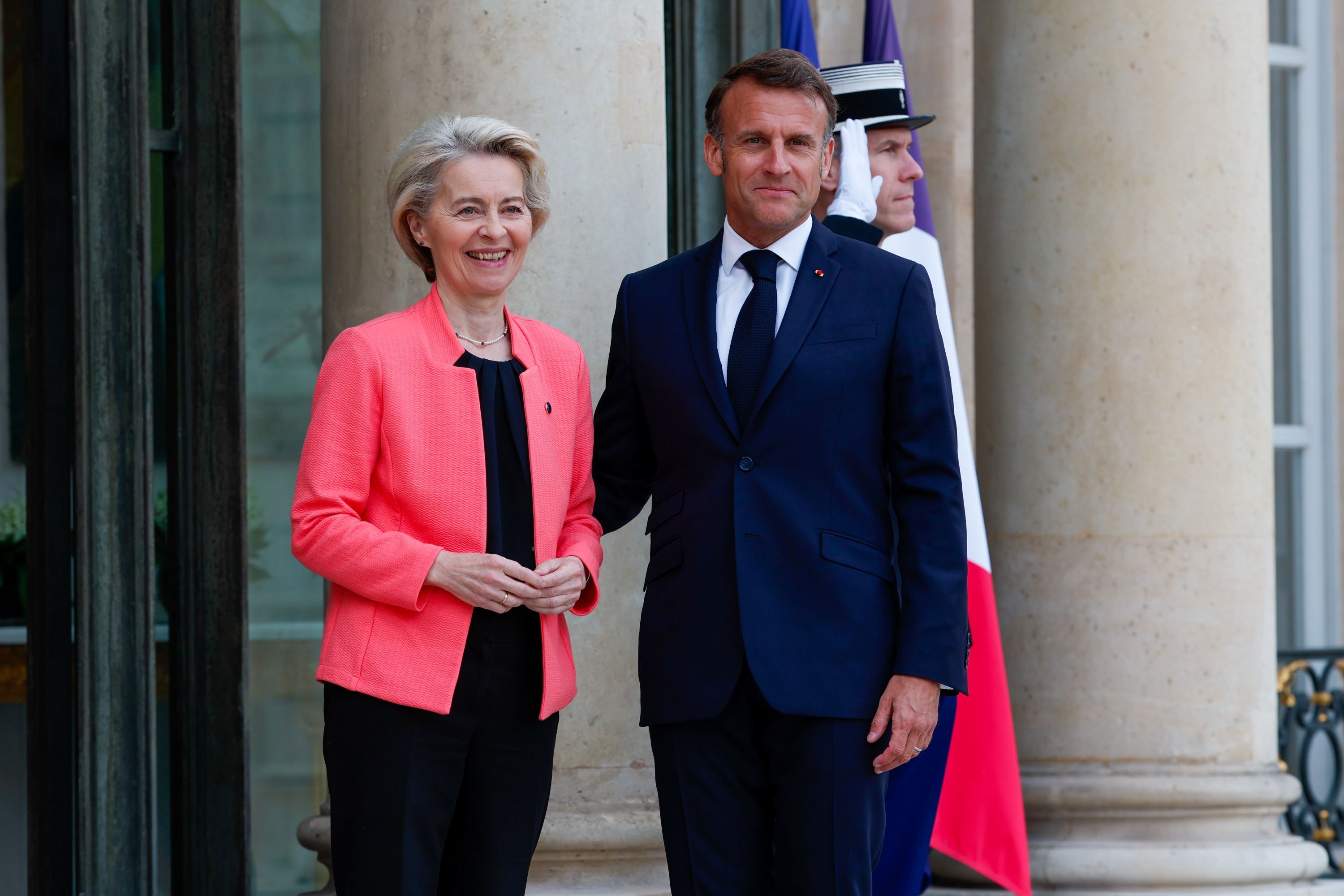As the US Cuts Scientific Talent, Europe Launches an Initiative to Attract It
As the US Cuts Scientific Talent, Europe Launches an Initiative to Attract It
With the US government cutting funding for scientific research and education, many talented…

As the US Cuts Scientific Talent, Europe Launches an Initiative to Attract It
With the US government cutting funding for scientific research and education, many talented scientists are looking elsewhere for opportunities to further their careers. In response to this trend, Europe has recently launched an initiative to attract top scientific talent from around the world.
The initiative, known as the European Research Council (ERC), offers generous grants to researchers in all fields of science, technology, engineering, and mathematics. These grants provide scientists with the funding they need to pursue cutting-edge research projects and collaborate with colleagues from across Europe.
By attracting top scientific talent from the US and other countries, Europe hopes to strengthen its position as a global leader in scientific innovation. The ERC initiative has already drawn interest from numerous scientists who are eager to take advantage of the opportunities it offers.
With Europe actively recruiting scientific talent, the US may find itself at a disadvantage in the global scientific community. As more and more talented researchers leave the US in search of better opportunities abroad, the country risks losing its competitive edge in science and technology.
However, some experts argue that the exodus of scientific talent from the US could have positive effects in the long run. By forcing the country to reevaluate its priorities and invest more in scientific research and education, the brain drain may ultimately lead to improvements in the US scientific infrastructure.
Regardless of the outcome, the launch of Europe’s initiative to attract scientific talent highlights the importance of investing in scientific research and education. As countries around the world compete for top scientists, it is crucial that governments prioritize funding for research and create an environment that is conducive to scientific innovation.
In conclusion, the US cuts to scientific talent may have unintended consequences, as Europe and other regions ramp up efforts to attract top researchers. The global competition for scientific talent underscores the need for continued investment in research and education to ensure that countries remain at the forefront of scientific innovation.





